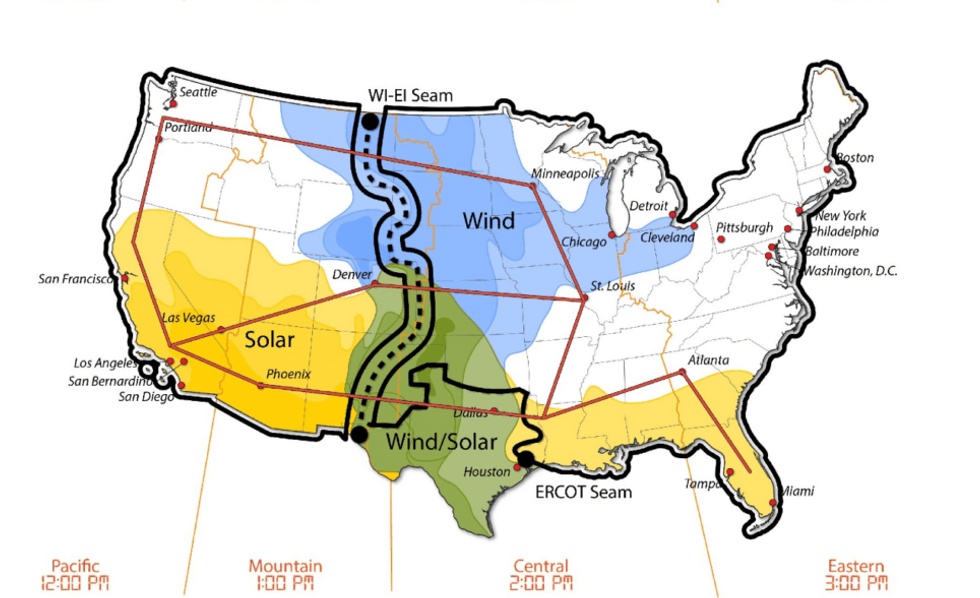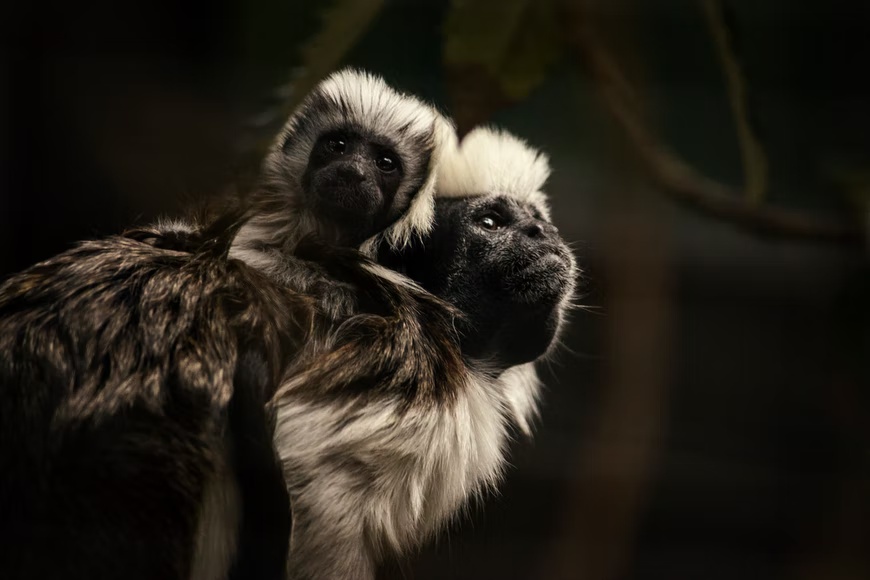May 22 NEC Energy News
¶ “Why We Can Send A Rover To Mars, But We Can’t Send An Electron From New York To California” • Space missions are a federal matter, but states determine energy policy and decisions on infrastructure. Right now, states and the federal government can choose how to define our country’s options for clean energy and plan the challenges ahead. [CleanTechnica]

¶ “Sizewell C ‘May Cost Double Government Estimates And Take Five Years Longer To Build’” • The proposed Sizewell C nuclear power station could cost UK taxpayers more than double what is estimated and take five extra years to build, research by the University of Greenwich Business School shows. The plant could cost taxpayers £25.40 a year extra. [The Guardian]
¶ “Australian Voters Deliver Strong Message On Climate, Ending Conservative Government’s Nine Year Rule” • Australian voters have delivered a sharp rebuke to the center-right government, ending nine years of conservative rule. They have voted in favor of the center-left opposition that promised stronger action on climate change. [CNN]
¶ “What Is Biodiversity And How Are We Protecting It?” • The UN has declared Sunday, May 22, to be the International Day for Biodiversity to raise awareness of the extinction risk facing animals and plants. Nearly a third of all species are currently endangered due to human activities. Governments will meet on the issue this year in China. [BBC]

¶ “It’s Going To Be Hot With A Chance Of Blackouts” • In a reliability assessment for the coming summer, NERC, the regulating authority that oversees the health of the US electrical grid, predicted that excessive temperatures and ongoing drought could cause the power grid to buckle. And weather extremes are guaranteed because of the climate crisis. [CNN]
¶ “Emboldened By Climate Change, Ticks Are Killing Off Moose In Maine” • Outside of Alaska, Maine has the country’s largest population of moose. But Maine’s moose are under threat. In parts of Piscataquis and Somerset counties, 86% of calves tracked by scientists have died. The culprit is most often a huge number of winter ticks. [Popular Science]
For more news, please visit geoharvey – Daily News about Energy and Climate Change.
